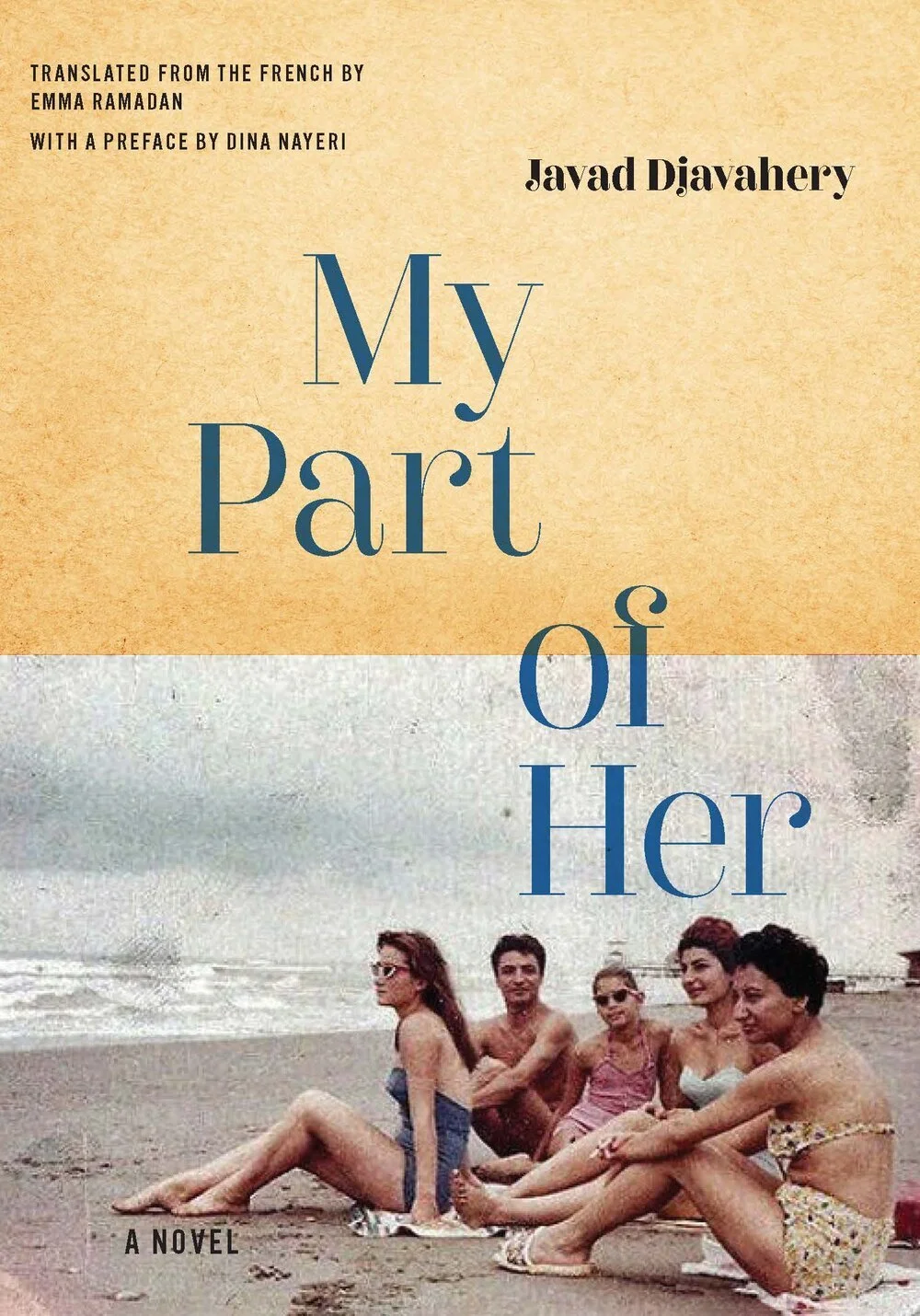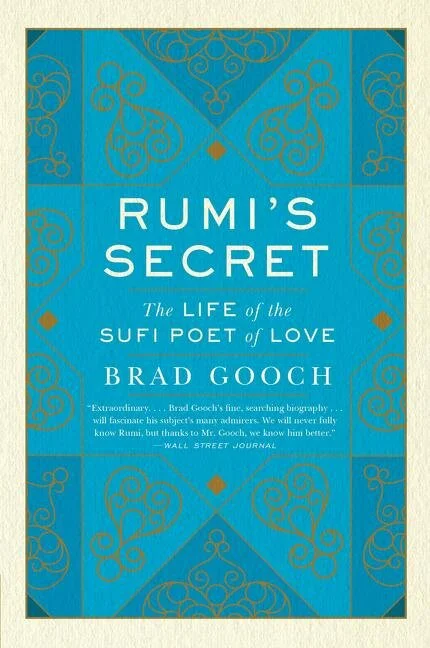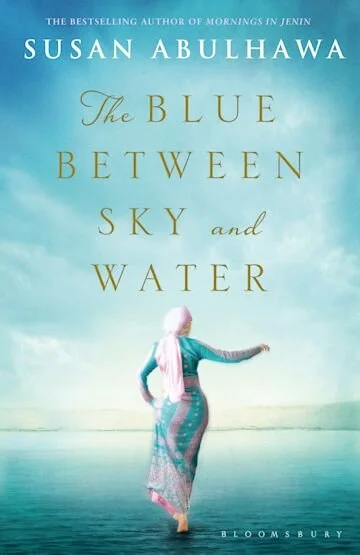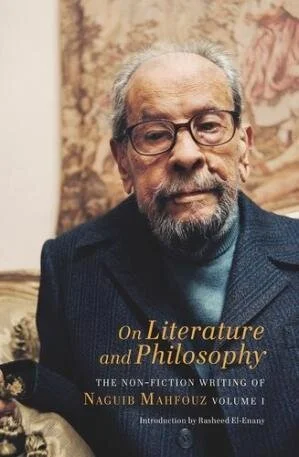ARCHIVE: BOOK REVIEWS
Azadeh moaveni writes book reviews for the new york times, financial times, and other publications
“On the surface, the Algerian writer Kamel Daoud’s slim novel The Meursault Investigation is a subversive retelling of Albert Camus’s The Outsider. ... Daoud executes this enormous task nimbly, but there is far more to his book than a clever deconstruction of a canonical novel.”
“At first glance, The Bamboo Stalk appears a bold, morally engaged novel, concerned with how racism and xenophobia degrade a society from within.”
“Uncertainty works at the core of Elias Khoury’s novel The Broken Mirrors: Sinalcol, and the phantom’s identity shifts throughout; he is alternately the protagonist’s alter-ego, a legendary hero-fighter and a thug who preys on the divided city’s inhabitants, ‘a ghost woven out of people’s words’. ”
“In the opening passage of the Egyptian writer Alaa Al Aswany’s new novel, the author appears as himself, arriving at his coastal holiday home to spend some time away from his family and poised to print out the manuscript of his latest book. Al Aswany, in his authorial persona, admits to feelings of ‘self-satisfaction, gloom and anxiety’ as he prepares to bring into the world the novel on which he has been labouring for so long. As it turns out, he is right to worry.”
“Ever since the 11th century, when the poet Ferdowsi recorded Persian mythology in his epic poem the Book of Kings, the heroes and warriors of medieval Iran have provided writers with a rich pantheon through which to explore ideas about life and politics. ...”
“In the light of what we now know, Cooper asks us to revisit our inherited memory of the shah, and consider returning with a different verdict. ”
“‘The King’ spans a transformative era during which Iran was opening up to the world, warding off the competing interests of Britain and Russia as the struggle between tradition and modernity took shape.”
“What Navai so deftly shows is that the values outsiders ascribe to fixed social categories – the traditional pious, the bazaari merchants, the Hezbollahi hardliners, the wealthy aristocrats, the pragmatic poor – overlap with great complexity.”
“Readers will come away from this intimate, authoritative book with a fuller understanding of Iran, why its green uprising petered out, and why no one should be surprised if it kicks off again.”
“Majd writes affectingly throughout the book of his passion for Iran but what touches the reader most is the sense of loss Iranians themselves tell him they feel. ”
“[Soledad] O’Brien’s experiences reporting on disasters, particularly Hurricane Katrina and the earthquake in Haiti, unfold in riveting detail, but their enormity seems to overpower her. ”
“While Saberi calls attention to the plight of Iran’s political prisoners, she remains frustratingly vague on her thoughts for Iran’s future.”
“Coughlin offers no thoughts on how the West ought to proceed. He concludes limply that as long as Khomeini’s heirs are in power, Iran will remain defiant. Given the current attitudes in Washington about Iran, it seems Coughlin’s book has arrived one administration too late.”


![“[Seierstad’s] book is all restrained narrative and, as a result, both subtle and engrossing. But, ultimately, what useful insights can we glean from the emoji-studded rebellion drama of love-hungry teenagers?”](https://images.squarespace-cdn.com/content/v1/56f4429becb928e691ce1f2b/1595063008597-LSH0N84JY2E31A48ED11/9780374279677.jpg)


